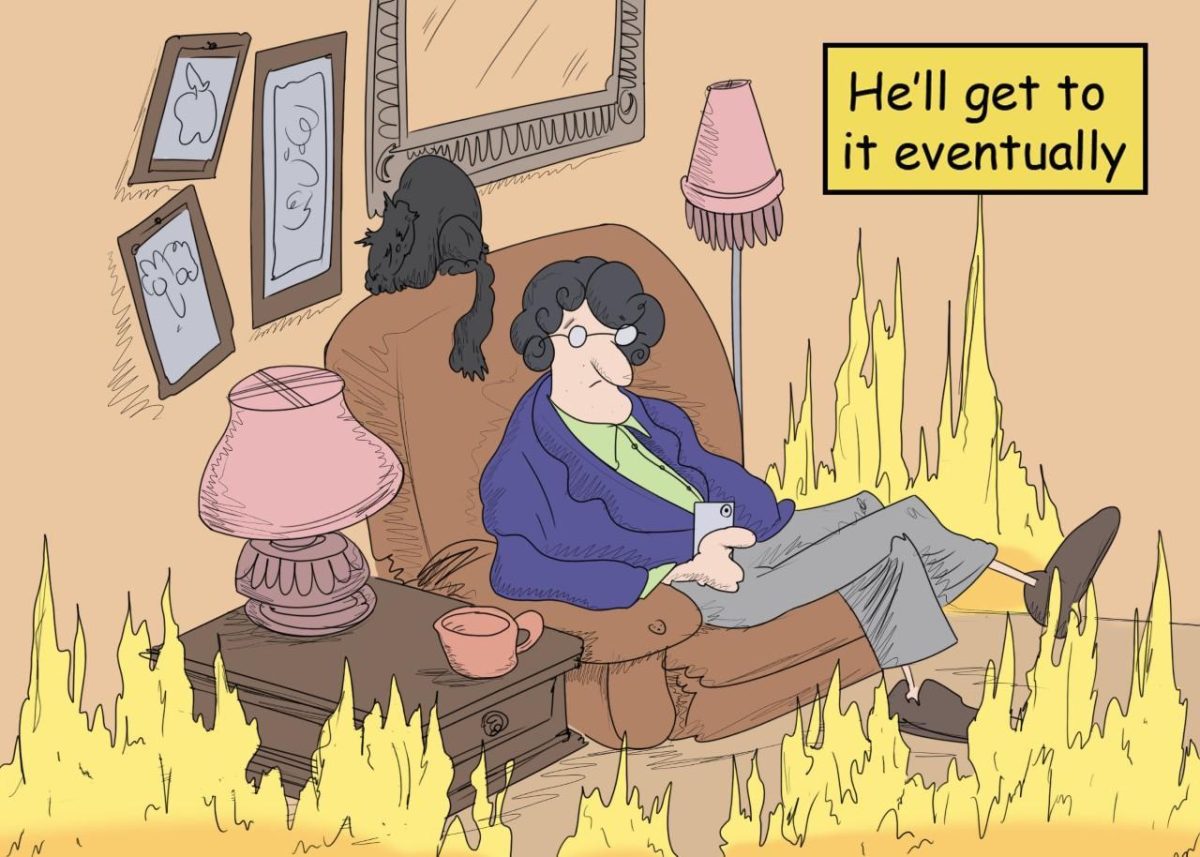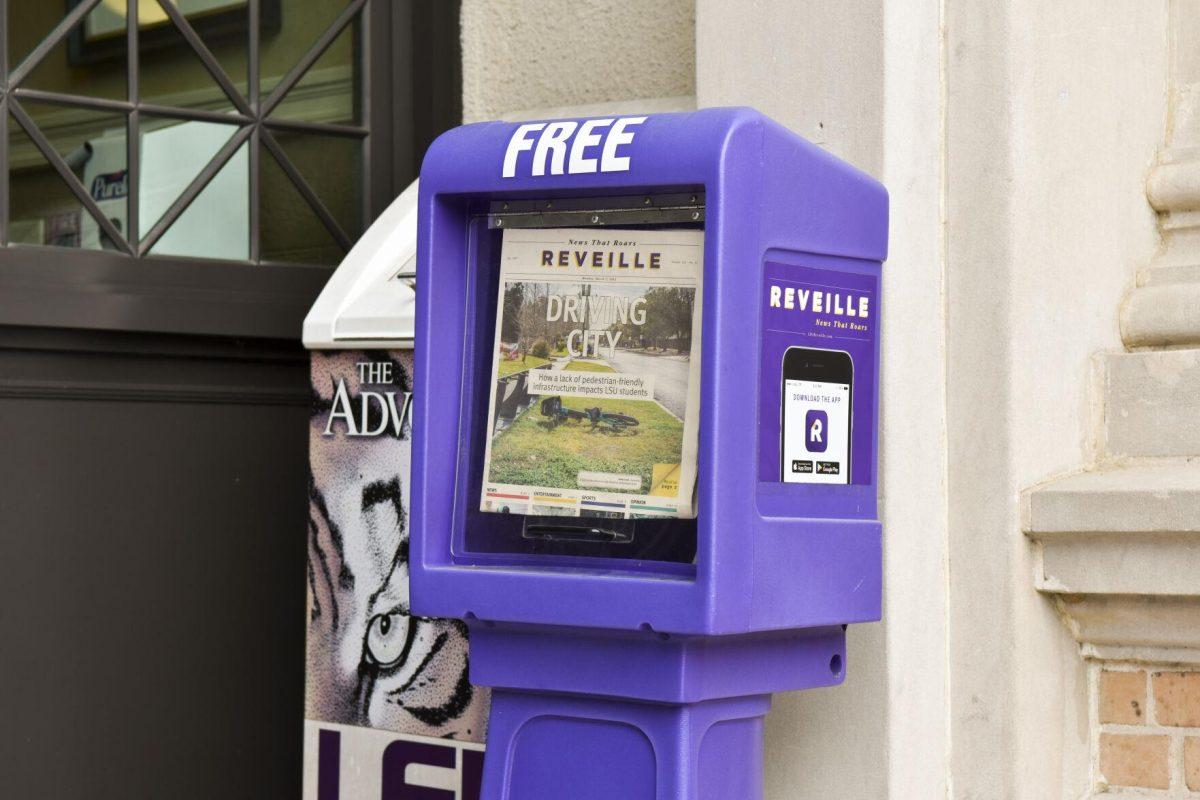Editor’s note: This column is written in response to “Opinion: Technology, casual dating unnecessarily complicate the search for a serious match,” published on March 25.
In Mia Coco’s column, she argued that casual dating and apps like Tinder put an unnecessary strain on individuals looking for a serious relationship in college. She argued that hookup culture and the overwhelming use of dating apps for casual relationships give students the false sense that nobody is ready to settle down yet.
But are technology and Tinder the real source of the problem? Or is there a deeper issue among college-aged singles that we haven’t addressed?
Coco’s assertion that people overwhelmingly use Tinder and online dating for casual relationships is not just one columnist’s opinion. A 2017 poll by LendEDU indicated that only 4% of college-aged Tinder users were “looking for a relationship.” The poll also found that 44% of users’ primary goal was “confidence-boosting procrastination.” To some experienced users, this is old news. To others, though, this figure could bring a startling realization.
Another facet of Coco’s argument, namely that this trend does not accurately reflect college students’ desire for relationships, is also supported by data. A study published in the National Library of Medicine showed that 83% of college-aged women and 63% of college-aged men want a committed relationship.
These conflicting statistics are essential to understand before downloading a dating app. Though most people generally want a relationship, this is not true for the majority of dating app users. If you download these apps to pursue a real relationship, you may find what you’re looking for, but you may also be setting yourself up for disappointment.
In this sense, Tinder is not to blame for many of the stresses of modern dating. It has filled a niche for individuals looking for hookups or a way to indulge their own vanity. The tool itself is not the problem, but rather the way people use it.
Students often agree to hookups or casual relationships that they don’t want in the hopes of finding a committed partner. People think they can change the other person’s mind or convince someone into entering a relationship. This is a deeply unhealthy mindset to have, justifying deceit and setting users up for disappointment.
Other times, users want relationships but never communicate this fact to their matches. The potential reasons for someone doing this are nearly endless. They could be afraid of scaring people off or even hoping the other will take the initiative for them. Regardless of their reasoning, the individual in question is standing in their own way.
Between these two cases and others, the pattern of the problem is quite clear. Students getting on these apps for a relationship are in the minority, and the only effective way to use the online medium is by clearly communicating one’s goals. A better option may be to avoid Tinder altogether, but good communication skills will always be the key.
If you’re single and looking for a serious relationship, recognize that plenty of people around you want the same thing. Once you have done this, the easiest way to alleviate stress and avoid discouragement is to pursue tactics and environments that suit your needs. Be transparent and open with the right groups of people, and it will be infinitely easier to find a fulfilling relationship.
Noah McKinney is an English and history junior from Houston, TX.








